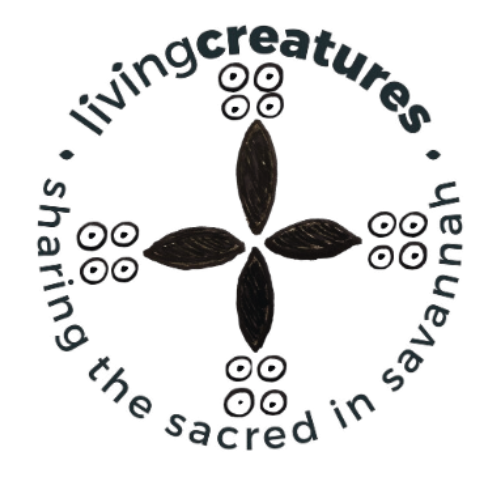by Lance Levens
Mark Noll, author of “America’s God,” suggests that the foundation for the American Revolution was laid by The Great Awakening. How is it then, without communication, that an awakening occurred? Was there an underground network the history books missed? No, there was no underground network; but there was George Whitefield. Mr. Wesley helped out for a year; Mr. Whitfield stayed longer and helped establish our nation.
This tenacious preacher (1714-1770), working out of his own parish, Christ Church, Savannah, GA, delivered sermons up and down the Atlantic seaboard when there were no trains, cars, and no state-maintained rest stops to freshen up at. George Whitefield, Oxford-educated Englishman, freshened up in the creeks of the Carolinas and the ponds of Georgia and Virginia and Massachusetts, and the rivers, the Chickahominy, the Rappahannock and the Pedee. He made his own fire every night, sometimes from pine wood and sometimes poplar and sometimes birch. At one point he rode on horseback from New York to Charleston, preaching along the way, holding out his hat, as always, to collect money for his heart’s project in Savannah: The Bethesda Children’s Home, an institution that is still in operation today. Although Merriam-Webster’s lexicographers would never permit it, the word “itinerant” should stand in their dictionary under a separate listing, as an homage to George Whitefield.
But the sad truth is: you won’t find a great deal about George Whitefield anywhere, least of all in the school room history books. You would think any eighteenth century historian of American culture would be enthusiastic about a man who appears to have played a formative role preparing the American colonists spiritually to draw a line in the sand and go to war to defend their freedom, a man who brought colonists the real ammunition they required. In all likelihood the hard-nosed traits the colonists had to cultivate to survive became an obstacle to confessing sin, forgiving sinners and forgiving self, to accepting the balm of God’s love and walking with him, daily. When a man is constantly on his guard against some outside elements that threaten him physically, psychically or emotionally, he often puts up barriers to protect himself. Whitefield’s task, as he most likely saw it, was to break down those barriers and open the hearts of men and women throughout the colonies to the love of God in Christ.
Why, then, has he suffered the abuse of omission from our national narrative? Listen to Publisher’s Weekly review of the Harry Stout-Mark Noll volume: The Divine Dramatist: George Whitefield and the Rise of Modern Evangelicalism.
“…the key to Whitefield's success on both sides of the Atlantic is to be found in his theatricality. He quickly recognized the power of open-air field preaching. He was a shameless, egotistical self-promoter who, in a startling parallel with modern televangelists, consciously (albeit sincerely) employed histrionics with all the dramatic artifice of a huckster, a traveling salesman for the New Birth. By the end, according to Stout, there was no private person, only the public preacher…”
Listen to the condescension. Whitfield is condemned because he merely understood the rules of rhetoric. Cicero, Demosthenes: both gesticulated, both performed—and both are praised for doing so. Pre-microphone speakers had to do that. But Whitefield is to be held to a higher, NPR standard? Tight-tongued, tight-lipped? Is he to be chastised for simply knowing the orator’s craft?
Or is he chastised because he espoused an orthodox Christianity that the early fathers such as Augustine and Athanasius would have applauded?
What does it mean to be a founder? What is our foundation? Many would point to the Constitution, The Declaration, The Bill of Rights. I would simply pose this question: why should I count at all? Why do I deserve life and liberty at all?
Perhaps Flannery O’Connor gives us an answer in her short story “The River.” The protagonist is Bevel, a ten year old boy who is about to be baptized by an unnamed preacher in an unnamed river somewhere in South Georgia:
“Suddenly the preacher said: ‘All right, I’m going to baptize you now.’ And without more warning, he tightened his hold and swung him upside down and plunged his head into the water. He held him under while he said the words of baptism and then he jerked him up again and looked sternly at the gasping child. Bevel’s eyes were dark and dilated. ‘You count now,’ the preacher said. ‘You didn’t even count before.’”
They count now. That was Whitefield’s purpose, a founder’s purpose. They didn’t even count before. Whitfield wanted to ensure that his fellow colonists knew that they counted. They counted enough to believe even the most outlandish of eighteenth century claims, that they deserved life and liberty. This was our first foundation and George Whitefield was its founder.
Lance Levens is a Savanah writer and teacher.
Whitefield Preaching, Circa 19th Century (Available @ fineartamerica.com)


